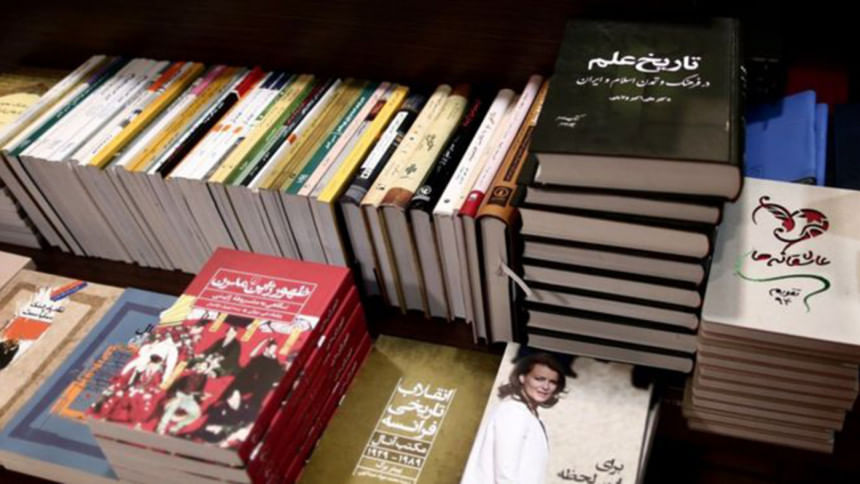Iran: Criminals sentenced to buy books

A judge in Iran has started sentencing criminals to buy and read books instead of handing down prison terms, it has been reported.
Judge Qasem Naqizadeh, who presides over a court in the north-eastern city of Gonbad-e Kavus, is using the alternative sentences to avoid what he calls the "irreversible physical and psychological impact on convicts and their families" that a prison term might bring, state-run IRNA news agency reports. Individuals are told to buy and read five books, then write a summary of them, which is returned to the judge. The books are then donated to the local prison, IRNA says. The punishment is spiritual as well as educational - offenders also have to include a saying from the hadith, a collection of sayings attributed to the Prophet Muhammad.
A recently adopted law means judges are now able to decide on alternative punishments to prison in some cases, the report notes. Judge Naqizadeh's literary sentences are being used for individuals convicted of minor crimes, teenagers and people with no prior criminal record, and they have to choose from a selection of approved texts.
"The books were chosen so that all prisoners could make use of them, regardless of their literacy level, knowledge or age," Judge Naqizadeh tells IRNA. "They include books written in a very simple way as well as sophisticated scientific ones." And there's an extra benefit for those on the inside who receive the donated books, he says - reading tends to reduce the number of fights between inmates.

 For all latest news, follow The Daily Star's Google News channel.
For all latest news, follow The Daily Star's Google News channel. 



Comments